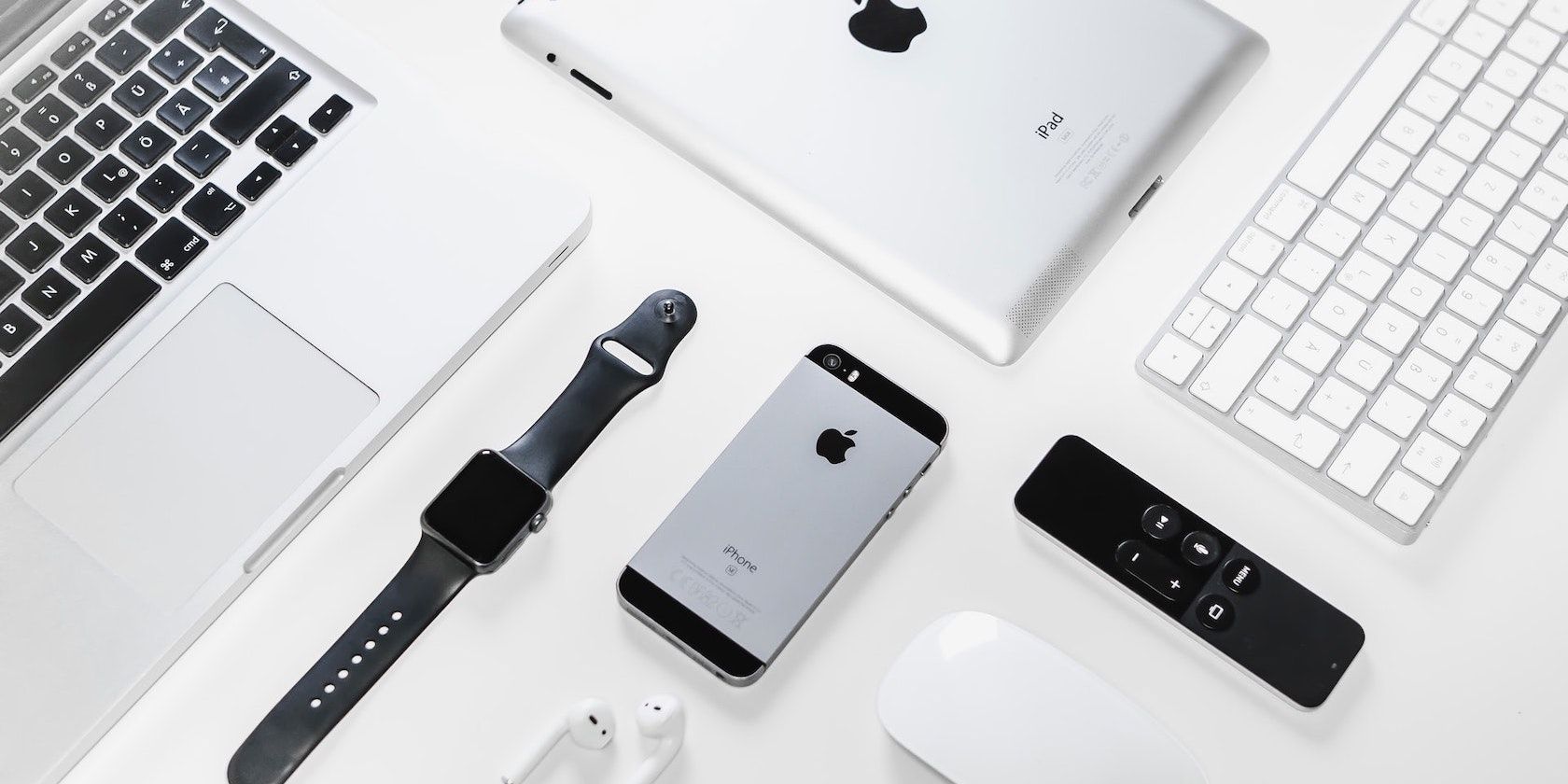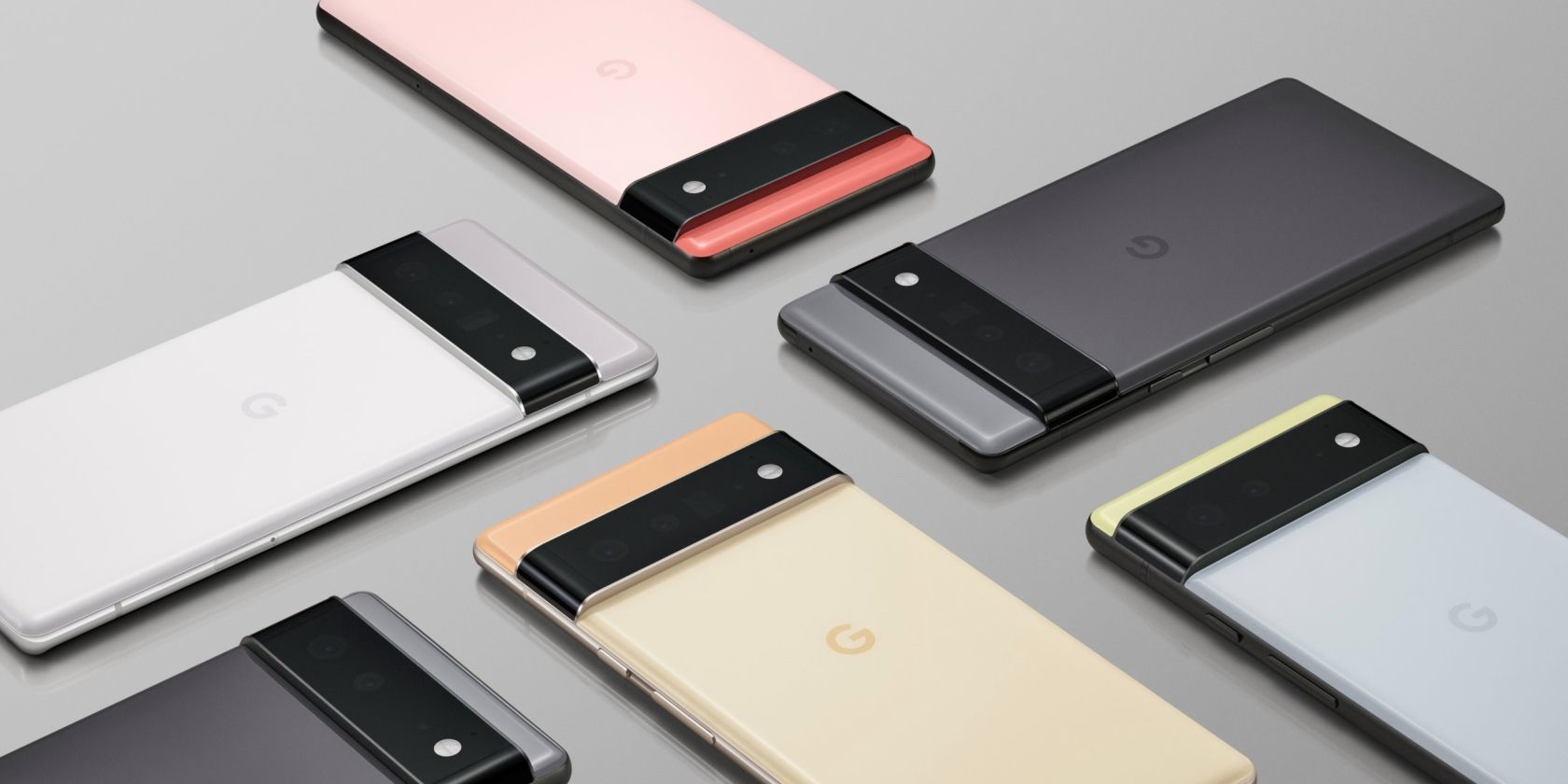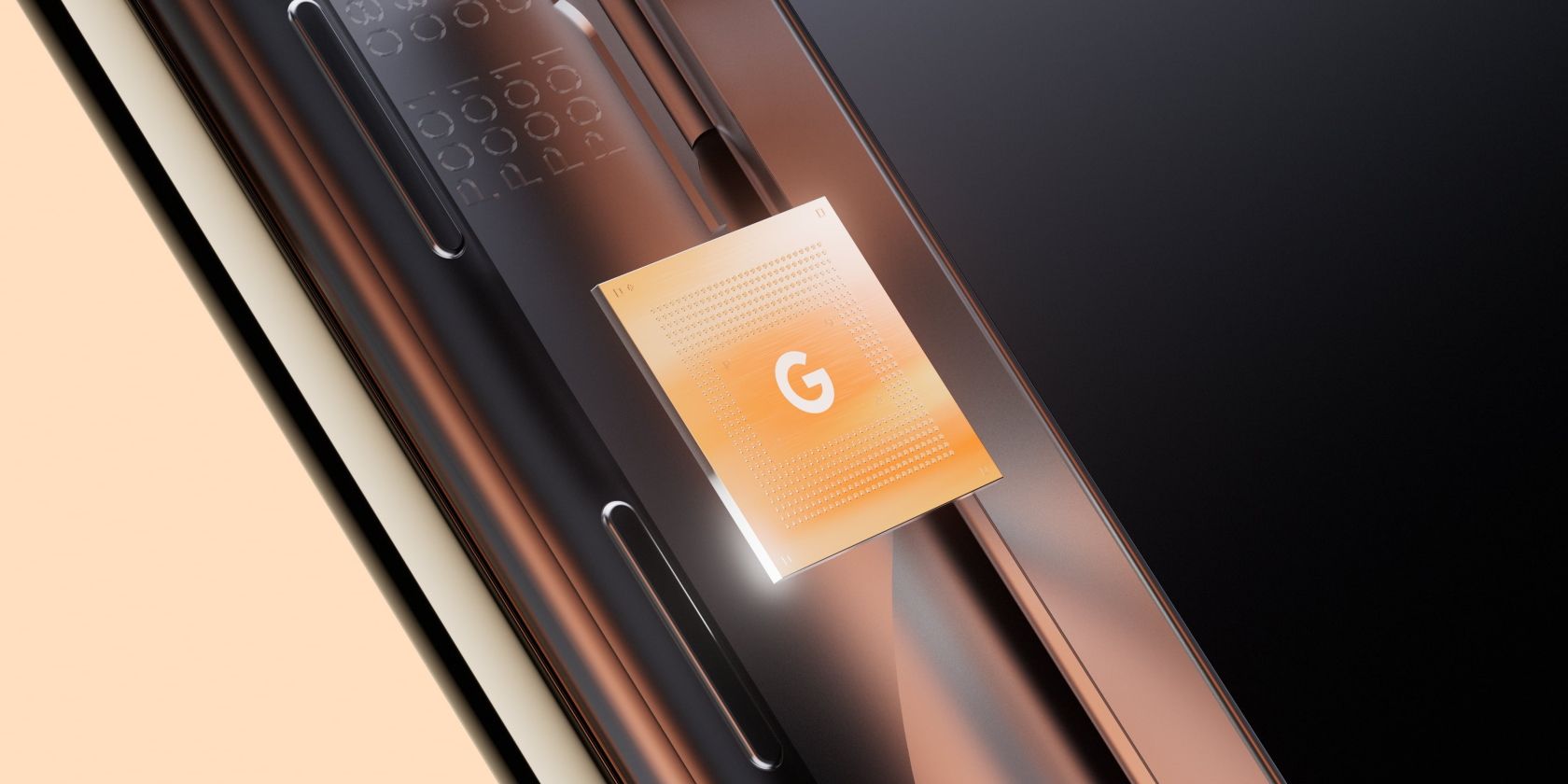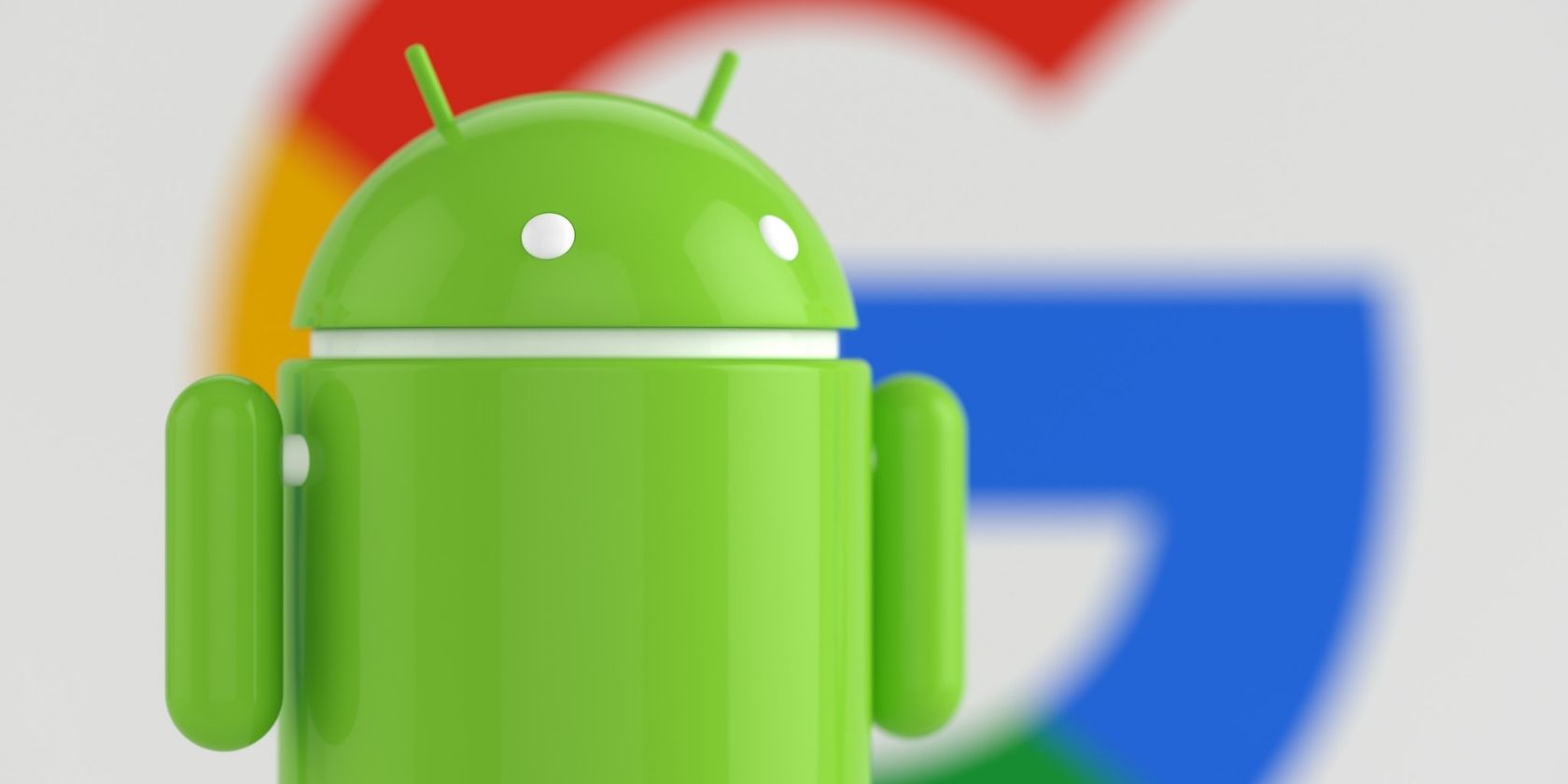Competition in the tech industry is always good for consumers. The more companies in the market competing for your dollar, the more that dollar can buy. In other words, you can enjoy cheaper prices, better products, and faster service.
We know Samsung and Apple are the current market leaders, but it seems Google is slowly becoming a worthy competitor. Thanks to the growing Pixel portfolio, the Pixel ecosystem is becoming more capable than ever of rivaling Apple. Let's see how.
Why the Apple Ecosystem Works So Well
Over the years, we've seen many Android OEMs launch their "iPhone killer" phones, but none of them ever came close to fulfilling that objective. Why? Because Apple has something that Android manufacturers don't have: uniformity.
Since iOS, iPadOS, and macOS are proprietary operating systems, and Apple designs its own chips, the company has full control of both the software and the hardware of its products.
Due to this, Apple is able to maximize continuity across all its devices, making the end-user experience as seamless as possible. In other words, it's easier for Apple devices to talk to each other and share the workload more efficiently.
Android cannot replicate this effect because it's an open-source OS, which makes it too diverse. It has to cater to many smartphone brands at once, which kills any potential for specialization. As a result, it has to resort to a one-size-fits-all solution which isn't as efficient.
How Pixel Devices Will Help Google Rival Apple
Despite the drawbacks of Android, Google is better equipped than any other Android manufacturer to compete against Apple's flawless ecosystem. Here's why.
1. Google's Increasing Investment in Hardware
Ever since the launch of the first Pixel in 2016, Pixel phones have evolved dramatically each year which is never a good strategy to build rapport with customers. Although the Pixel lineup is quite popular among enthusiasts for having amazing software and camera performance, its poor hardware was a key reason for its failure.
Many Pixel phones haven't been recommendable to the average Joe, but the Pixel 6 brought a major refresh from the inside and out. The new camera hardware, Google's own processor, and the boxy design all helped solidify the identity of the Pixel series, especially the camera bar that Google intends to retain going forward.
As Sundar Pichai mentioned at Google I/O 2022, the Pixel 6 is the fastest-selling Pixel phone to date, selling more than the Pixel 4 and Pixel 5 combined. As Google consolidates its supply chains to make Pixel phones more widely available, the sales figures are expected to improve further, eating from the market share of Apple and other industry leaders.
2. Tensor Chip Integration With Android
With the Pixel 6 series, Google debuted its in-house processor called Tensor. We've already covered why smartphone brands are creating their own chips and ditching Qualcomm, but Google has more to gain from this move than other manufacturers.
Other OEMs have to figure out how to make their custom chip work well with the new Android version as well as their own custom Android skin. But Google can exploit its control over Android by updating the OS to work exceptionally well with Tensor, giving Pixel OS an edge over even the best Android skins.
3. Google's Improved Pricing Strategy
Pixel phones have traditionally been horribly overpriced. The Pixel 4, for instance, cost $799 and went up to $899 for the XL variant, both carrying 64GB storage. The exception to this blunder was the Pixel a-series which is loved by many for offering more value for the money.
But for the Pixel 6, Google asked a more humble $599 for the base model and a still-pricey-but-tolerable $899 for the Pro variant, and the affordable Pixel 6a for an impressive $449.
The point is, Google is getting better at its pricing strategy. If it keeps the same momentum for other upcoming Pixel products such as the Pixel tablet, Pixel Watch, and Pixel Buds Pro, more people may be tempted to try them—giving life to the growing Pixel ecosystem.
4. Google's Software Prowess
Although you can technically have an Android phone without Google services, Huawei's downfall made it pretty clear why that doesn't work. Google apps and services lie at the heart of Android, which means the search engine giant has more resources and a better understanding than any other Android brand of how to integrate its devices on a unified platform.
The reason Samsung's ecosystem couldn't go as far is that it's primarily a hardware company (although it's making notable improvements otherwise too) and doesn't have as much know-how about software as Google does. This is evident by its partnership with Microsoft.
In comparison, Google handles the software side of things much better. That's not to say that it's infallible, of course. We've already seen Pixel users experiencing recurring software issues and bugs on their phones, but that's still a very fixable problem in the long term.
5. New Features on Google Apps Come Last to iOS
Google apps are often neglected on iOS, but they receive regular updates on Android which helps improve speed, stability, and usability. That means the Google apps on your iPhone are subpar at best and don't represent what Google services are truly capable of.
This difference is exaggerated with Pixel devices as they are fully optimized to make the most use of Google services. This means, for instance, that while Google Assistant will perform the best on Pixel phones, it will only perform okay on the iPhone or iPad.
The Pixel Ecosystem Will Take Time to Mature
Google had a rough start in its journey as a smartphone OEM, but given everything we know so far, it seems the tech giant is finally getting serious about creating its own full-fledged ecosystem. The Pixel phone series is likely to remain more consistent from here on which will help make things more interconnected and seamless.
However, we do acknowledge that releasing so many new products at once is a bit rushed, so problems could arise. We know that the Pixel ecosystem won't be nearly as exclusive and restrictive as the Apple ecosystem; quite the opposite, in fact.
Given the impact Pixel 6 was able to create and how Google is slowly fixing all the problems it previously created, we're optimistic about the future of its hardware products, but it certainly won't be an overnight success even if Google does everything right.





